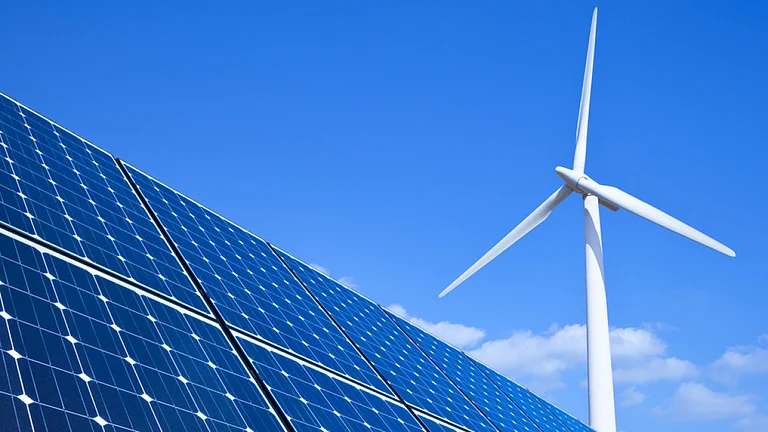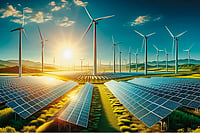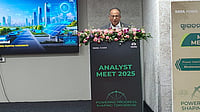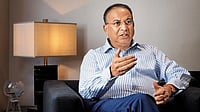De-risking the solar ecosystem begins with improving electrification in Africa, where 680 million people still lack access to energy despite strong repayment records.
The ISA has introduced the Africa Solar Facility — a financial instrument aimed at helping the private sector absorb more investment risk and accelerate energy access.
Khanna highlighted the scarcity of concessional finance (under $50 billion globally in 2024) compared to the $2 trillion in clean energy investments, emphasizing the need to leverage limited concessional funds multiple times over.
ISA plans to unveil analytical studies during the Assembly comparing cost competitiveness across countries to guide private-sector-led solar manufacturing and investment decisions.
The International Solar Alliance (ISA) Director General Ashish Khanna on Wednesday said that the private sectors of several countries, including India and the European Union, must work together to form alliances that diversify solar supply chains and strengthen global competitiveness.
Speaking at the curtain raiser of the eighth ISA Assembly, Khanna said de-risking the global solar ecosystem must begin with addressing electrification challenges, particularly in Africa. “For us, de-risking begins with addressing electrification de-risking, and our first focus area is Africa,” he noted. “Nearly 680 million people on the continent still lack energy access, despite a payment track record of 98–99%. To address this, we have launched the Africa Solar Facility, a financial instrument designed to help the private sector take on more investment risks.”
He added that the second key area of concern is financial de-risking. “There is very little concessional finance available — less than $50 billion globally last year — compared to about $2 trillion in total clean energy investment. Most of that came from private capital,” Khanna said.
“We need financial models that can leverage three to four times the available concessional funds. Through the Africa Solar Facility, we aim to achieve leverage of 10 to 20 times.”
He added that the second key area of concern is financial de-risking. “There is very little concessional finance available — less than $50 billion globally last year — compared to about $2 trillion in total clean energy investment. Most of that came from private capital,” Khanna said.
“We need financial models that can leverage three to four times the available concessional funds. Through the Africa Solar Facility, we aim to achieve leverage of 10 to 20 times.”
On supply chain de-risking, Khanna said the ISA’s focus is on enabling private sector–led supply chain assessments. “During this Assembly, we will present analytical work comparing the relative cost competitiveness of different countries, which will help identify optimal locations for manufacturing and investment across the solar value chain,” he added.































